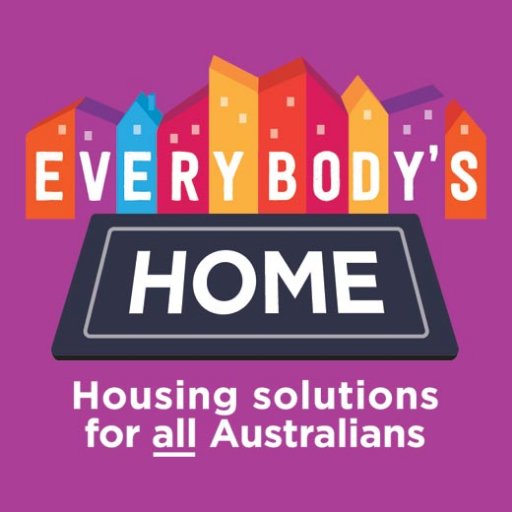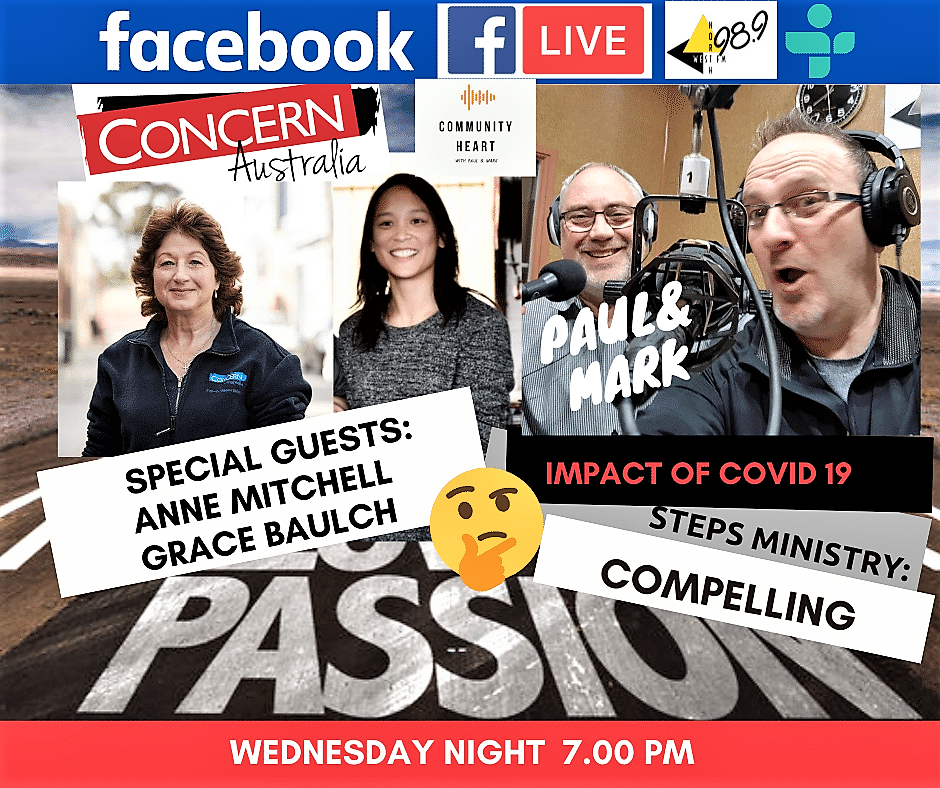This week has seen the escalation of the Victorian State Government’s response to the COVID-19 pandemic, as the state enters Stage 4 lockdown restrictions.
A sobering thought as it coincides with Homelessness Week.
These restrictions come with their own challenges for vulnerable young people experiencing unstable housing. How far away is your closest supermarket? Not that easy to navigate if life has been too unstable for you to own a phone with a GPS on it.
Every night across our nation, almost 120,000 people are homeless, and many of them are vulnerable young people. Recent research from Mission Australia revealed that more than 1 in 6 young people they surveyed reported having an experience of homelessness.
The pandemic has made those experiencing homelessness even more vulnerable, and put tens of thousands more people at risk of falling into unemployment, homelessness and housing insecurity.
Recent announcements by the Victorian State Government to ensure that more than 2000 vulnerable Victorians housed temporarily in hotels will get ongoing housing options and support throughout the pandemic, and out the other side, are very much welcomed.
“This is an insightful and forward-thinking decision by the Victorian Government that will make such a difference for thousands of people experiencing homelessness, and bring hope for the future in the midst of the challenges of the COVID-19 pandemic,” said Concern Australia CEO Michelle Crawford.
“Through the work of our Steps Outreach Service and Inside Out programs, we see firsthand the impact that insecure housing and homelessness has on young people. On their behalf, we say thank-you to the Victorian Government for this welcome announcement, and commit to working with the Government and other agencies to support young people throughout the process and into the future.”
While this is a huge step in the right direction, there is much more to be done, in Victoria and across the nation.
That’s why we need you to join us in supporting the Everybody’s Home campaign this week.
Everybody Needs A Home
Australia’s housing system was broken before the COVID-19 pandemic. Now it’s even more challenging. Whether it’s buying your own home, or finding somewhere affordable to rent, the cost of housing is a major contributor to poverty and homelessness.
This week the Everybody’s Home campaign is asking supporters to email the Federal Treasurer Josh Frydenberg with a call for the Government to invest in social housing. We urge you to consider adding your voice to this campaign.
It’s a multi-layered campaign. Building social housing will help drastically reduce homelessness and create jobs in local communities, addressing both societal and economic issues we are currently facing.
You can email the Federal Treasurer using the tools created by the Everybody’s Home campaign.
If you want to know how many homeless people are in your community and how many social homes are needed for those most in need, today Everybody’s Home launched electorate heat maps where you can find out.
Find out more and sign the Everybody’s Home petition.
Share with your friends so everybody can join in the call to build social housing. Please remember to use #HW2020 #EverybodysHome and #BuildSocialHousing to keep the spotlight on these important issues.
Steps Outreach Team: Stories from the frontline
“If it wasn’t for you, I wouldn’t be alive.”
It’s the kind of comment that our Steps Outreach Service team hears frequently as part of their work on the coal face of the homelessness crisis. They are committed to walking with young people who are experiencing homelessness and isolation before, during and after the COVID-19 pandemic.
You can listen to Anne and Grace from the Steps team telling powerful stories about how they support young people experiencing homelessness and provide ‘a soft place to fall’ in this interview on the Community Heart with Paul & Mark radio show.
Anne and Grace also give a real insight into the challenges that COVID-19 has created for young people who were already vulnerable, and the ways the Steps team has adapted so they can continue providing crucial support.
“The isolation is massive,” says Grace. “A lot of the young people we meet feel alone. Being in a room by yourself for the whole day takes its toll.”




